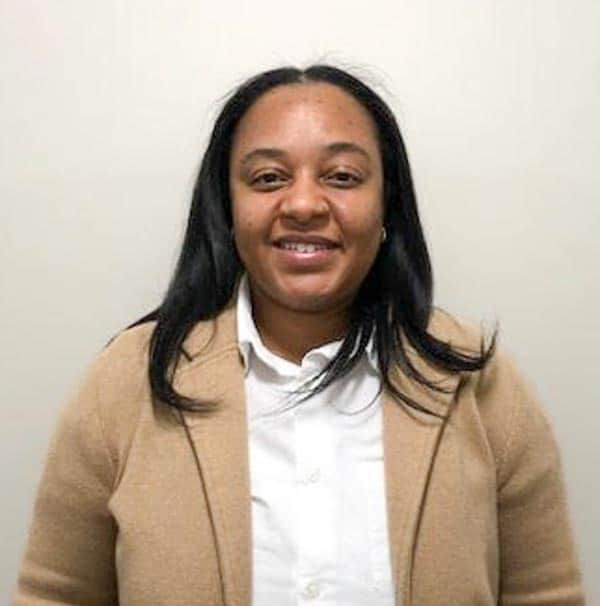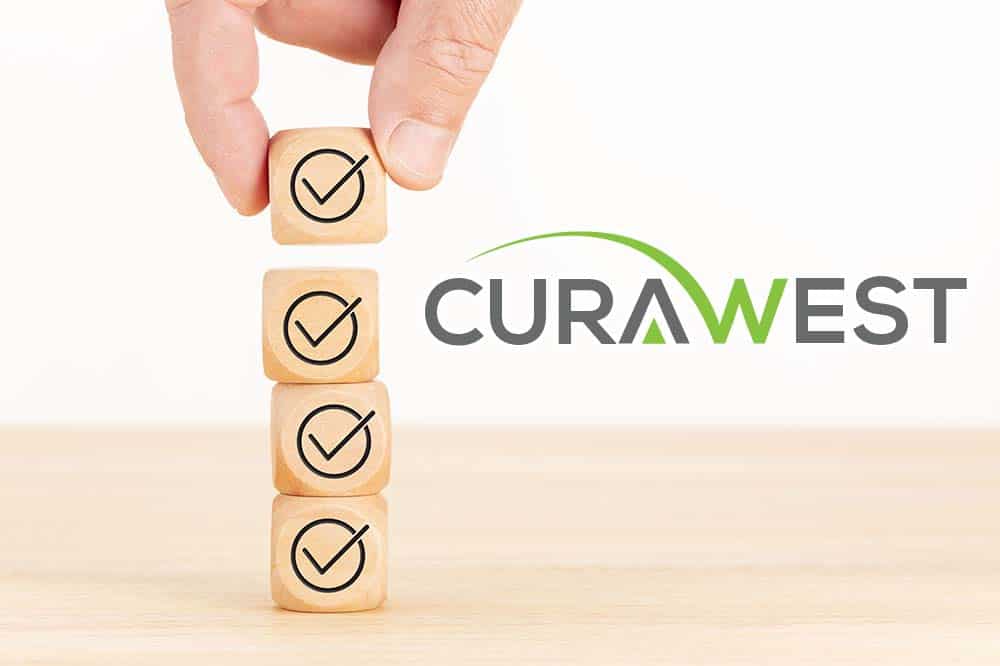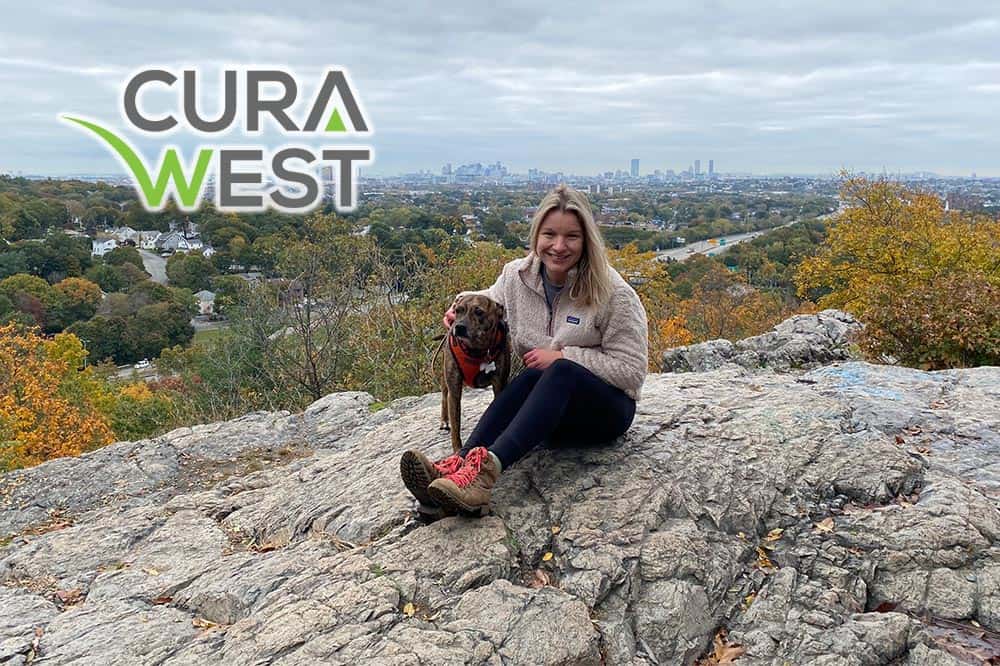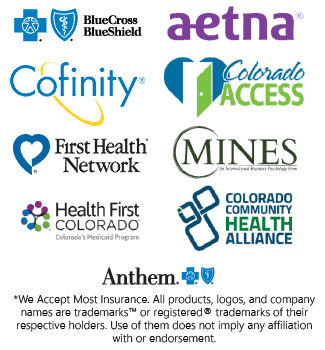Having Benzodiazepine Withdrawal?
Is it Safe to Detox From Benzos at Home?
Committing to a recovery program is undeniably one of the bravest things you will ever do. Not only are you committing to an entirely new way of life, but you are leaving everything you are familiar with behind and embarking on a journey full of unknowns. Unfortunately, fear of the unknown often prevents people from seeking the professional help they need in order to successfully overcome addiction. It might seem like an easier option to just stay where you are and attempt to detox on your couch. But if you have been struggling with a benzodiazepine abuse disorder of any severity, detoxing at home could prove to be extremely dangerous — even fatal in some circumstances.
At CuraWest we strongly believe that medically monitored detox is an essential first step on the journey of benzo addiction recovery. We offer a safe and comfortable benzo withdrawal in a homestyle retreat facility that was designed with client comfort in mind. While our clients have access to 24/7 medical supervision and the highest possible standard of medical and clinical care, we also believe medical detox should be about more than working towards physical stabilization. We offer intensive individual, group and family therapy, recovery education and personalized case management services. In addition to providing a comfortable benzo withdrawal we prepare our clients to take the next appropriate step on their personal recovery journeys. To learn more, contact us today.
We Are Here For You
Let Us Help You Heal
Our Benzo detoxification experience is second to none.
Learn how we can help by speaking with one of our Treatment Advisors today.
Benzodiazepine Abuse
A Growing Problem in the U.S.
An article published by the American Psychiatric Association stated that in 2018 at least one out of every eight American adults used a benzodiazepine. Misuse of the drugs account for roughly 17 percent of all use. Misuse is highest amongst young adults between the ages of 18 and 25. Benzodiazepines are a frequently prescribed medication most commonly used for the treatment of anxiety disorders and sleep disorders like insomnia. Common brand name benzos include Xanax, Klonopin, Valium and Ativan. Many men and women who abuse benzos combine the prescription medication with other chemical substances — predominantly opioid narcotics and alcohol. According to a study published by the National Institute on Drug Abuse, in 2019 roughly 16 percent of all overdose deaths that involved an opioid also involved a benzo. The same study states that between the years 1996 and 2013 the number of American adults who filled a benzo prescription rose by 67 percent (from 8.1 million to 13.5 million annually).
If you have been struggling with a benzo abuse disorder you are not alone. Millions of individuals of every age and in every demographic struggle with benzo abuse and addiction every year. Sadly, only a small portion of these people seek the professional care they need. Don’t let fear of the unknown prevent you from living the life you deserve. Contact CuraWest today.

Our Benzo Detox Services Include
Benzodiazepine Withdrawal
The National Library of Medicine recently published an article titled “The Benzodiazepine Withdrawal Syndrome.” This article details the symptoms that go hand-in-hand with benzo withdrawal and suggests that even if a person has been taking a benzo exactly as prescribed by a medical professional, he or she is still at risk of experiencing symptoms of withdrawal when use is stopped abruptly. If a person has been taking a medication like Xanax, Klonopin, Valium or Ativan on a daily or near daily basis (as prescribed), he or she is going to experience the following symptoms when attempting to quit cold turkey.
Symptoms of Benzo Withdrawal:
- Disruptions to sleep cycle (which might include insomnia)
- Anxiety (which could lead to panic attacks if left untreated)
- Profuse sweating/night sweats
- Body tremors/uncontrollable shaking
- Difficulty concentrating
- Nausea and vomiting or dry retching (due to lack of appetite)
- Temporary weight loss
- Persistent headaches
- Muscle pain and stiffness
- General feelings of physical discomfort
In order to avoid or minimize these symptoms a person who has been using benzodiazepines must slowly taper off of the drug under the close supervision of a medical professional. Tapering means slowly reducing the dose of the drug over a period of time so that the system doesn’t go into shock. If you have been abusing benzos for any period of time, the withdrawal symptoms are inevitably going to be more severe. Even someone who has been abusing benzos for as little as two weeks is liable to experience severe anxiety, nausea, vomiting and abdominal cramping, feelings of detachment from reality/delusions and muscle spasms. Severe cases of benzo withdrawal can lead to grand mal seizures.
Ready To Begin Your Benzo Detox?
We Offer A Safe & Effective Program
Don’t let Benzo addiction control your life.
Call us today and let’s get you started on the path to a better you.
Reasons to Avoid Detoxing at Home
If you have been considering undergoing benzo detox at home, consider the following reasons why you might want to admit yourself to a medical detox facility before the onset of symptoms.
- Tapering your dose without medical supervision can be dangerous – You might think you know how to taper yourself off of benzos after researching the process online for a couple of hours. The truth is that the tapering process is complicated, and dose reduction must be closely observed by a medical professional in order for serious complications to be avoided.
- The anxiety that goes hand-in-hand with benzo withdrawal can easily lead to panic attacks when left untreated – If you have been abusing a benzo for longer than two weeks you are at risk of experiencing panic attacks while undergoing withdrawal. Both anxiety and panic attacks often require a short-term course of anti-anxiety medication (one that is non-addictive but still effective). At CuraWest we have psychiatric professionals on staff who might prescribe an antipsychotic medication to treat the more severe psychological symptoms of benzo withdrawal.
- Quitting benzos without a taper and without medication assisted treatment options can lead to grand mal seizures, which can be fatal – If you have a history of seizures or if you have had complications with withdrawal in the past you could require an anti-seizure medication like Carbamazepine, Phenytoin, Valproic acid or Oxcarbazepine. Experiencing a grand mal seizure at home is dangerous.
- Finally, medical detox is about more than a safe and comfortable benzo withdrawal – When you enter into a detox program you are beginning a long-term journey of addiction recovery that continues when you transition into the next appropriate level of clinical care. Upon your admission to CuraWest you undergo an addiction assessment which helps your assigned case manager and clinical team begin developing an aftercare plan. Once physically stabilized many individuals opt to immediately transition into a residential inpatient program, which eliminates the risk of relapse.
Begin Healing Now!
Have A Call With One Of Our Treatment Advisors
Don’t Suffer Any Longer
A Comprehensive Approach to Detox
If you or someone you love has been struggling with benzo abuse or addiction, CuraWest is available to help. In addition to providing around-the-clock medical care in a comfortable inpatient detox setting, we offer a range of addiction services including case management, individual, group and family therapy and aftercare planning. Rather than attempting to detox at home and putting yourself at risk of serious health complications, contact us today to begin the admissions process. We are dedicated to making the beginning of your personal recovery journey as simple and stress-free as possible.

Reviewed for accuracy by:
Jasmine Billups
LPC-S
Jasmine has worked in the mental health field for over 18 years. She earned her B.A. in Psychology with a Minor in Child and Family Relations from North Carolina Central University, and her M.A. in Mental Health Counseling from Argosy University. Jasmine is a Licensed Professional Counselor Supervisor and has specialized in addiction for over 10 years.
























